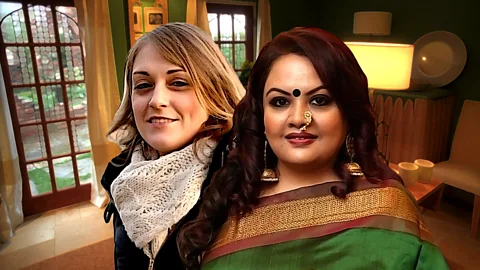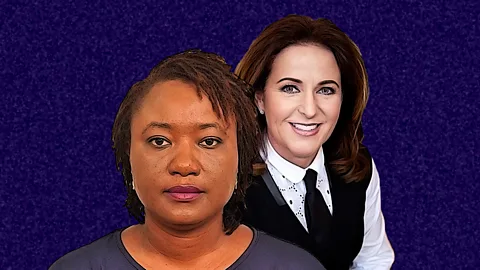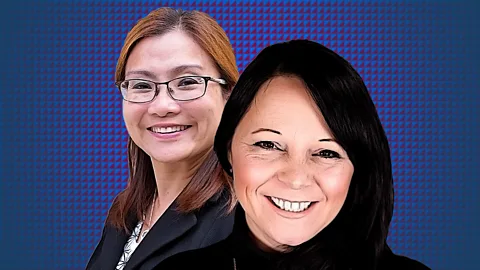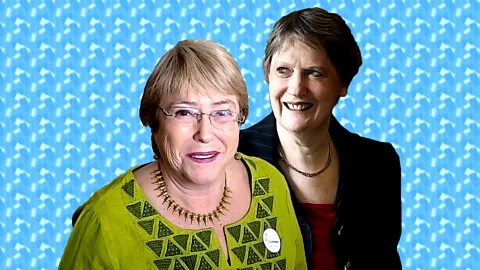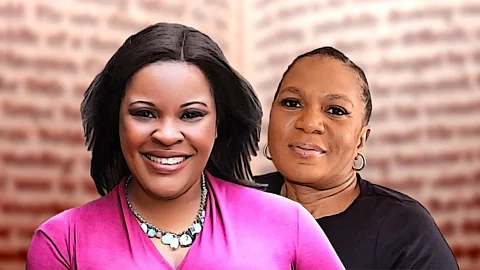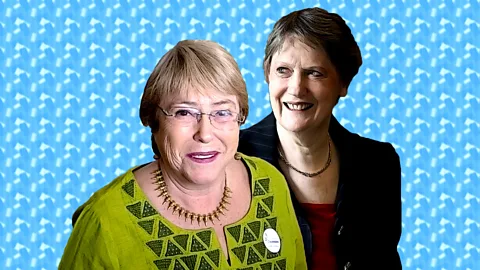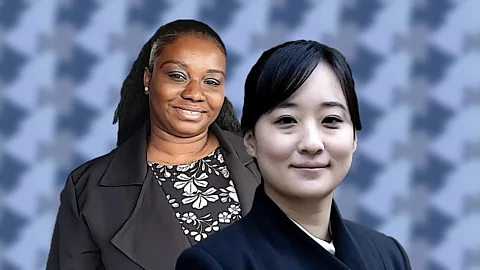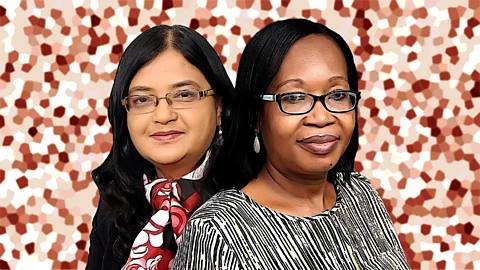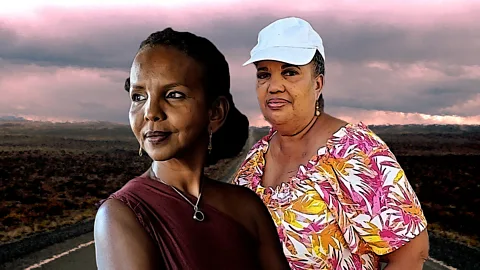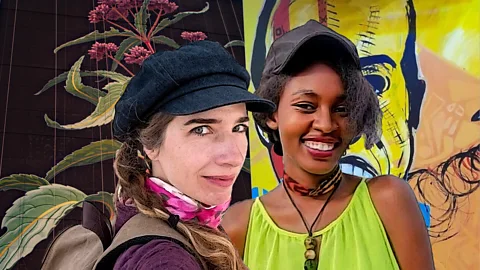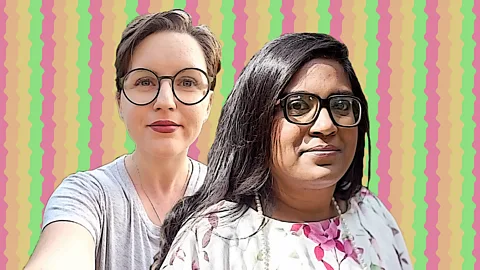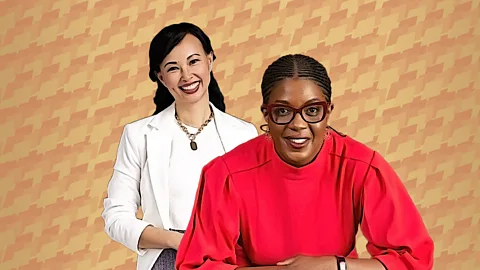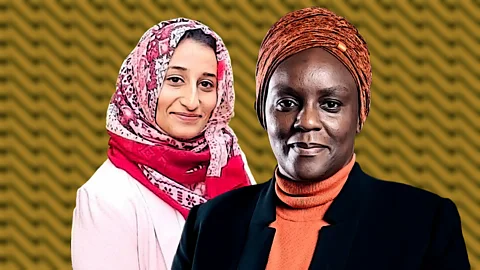
The Conversation
The Conversation
Women in law
Up next
April 5, 2021
27 minutes
Available for over a year
In many countries around the world more women than men take law degrees but they're still much less likely to make partner or become a judge. Kim Chakenetsa talks to two lawyers from Egypt and the UK about the discrimination they face and the need for a more diverse legal profession.
Omnia Gadalla is a professor of law and sharia at Al-Azhar University. She founded an initiative called Her Honour Setting the Bar which aims to encourage and female law graduates and to challenge discrimination which prevents Egyptian women from becoming judges.
Alexandra Wilson is a barrister in the UK. She's complained about times she's mistaken for a defendant because she's Black and is highlighting the racism she faces in her workplace. She argues that the law profession needs to include more women and people from different ethnic and class backgrounds.
Produced by Jane Thurlow
IMAGE DETAILS
Left: Omnia Gadalla (courtesy Omnia Gadalla)
Right: Alexandra Wilson (credit Laurie Lewis)


